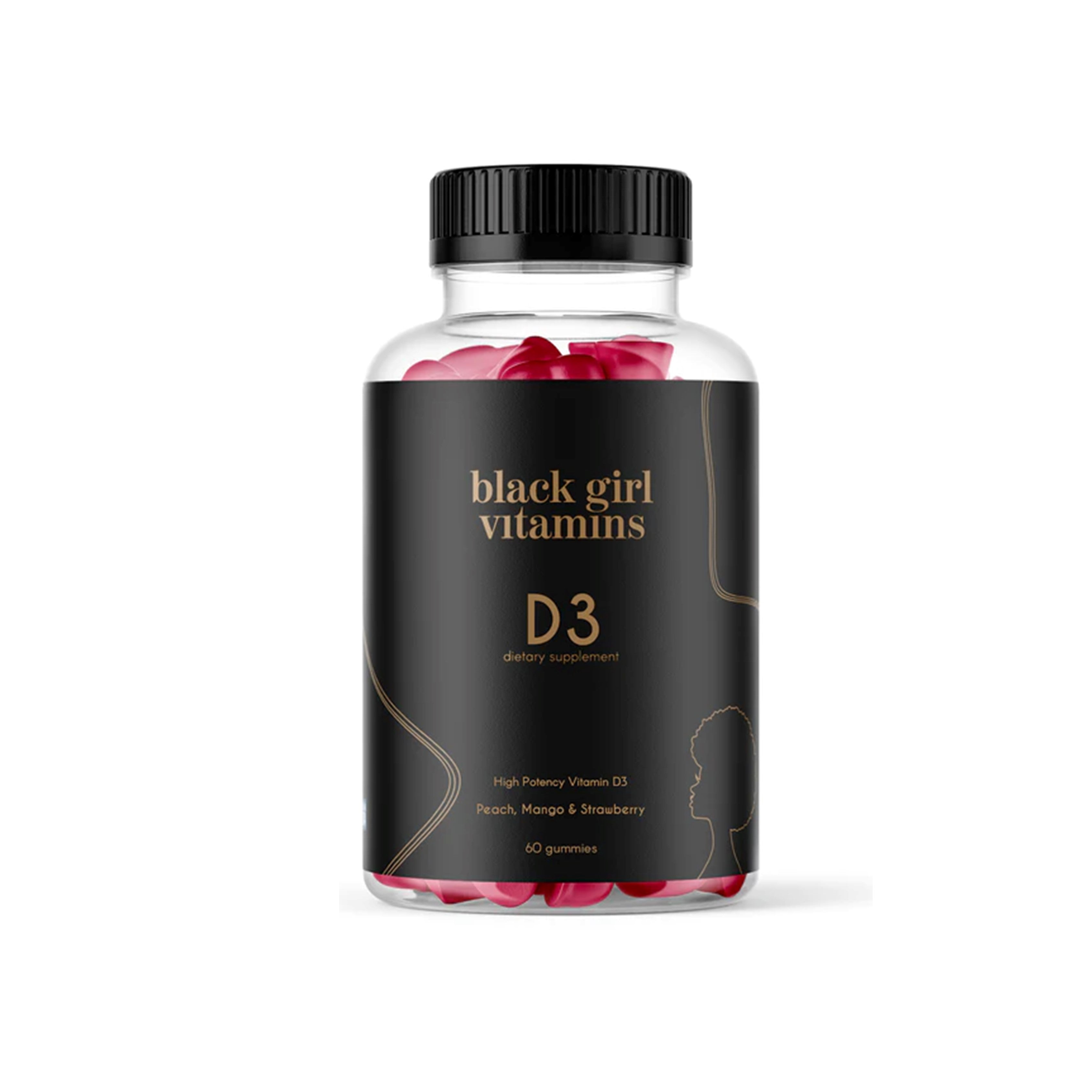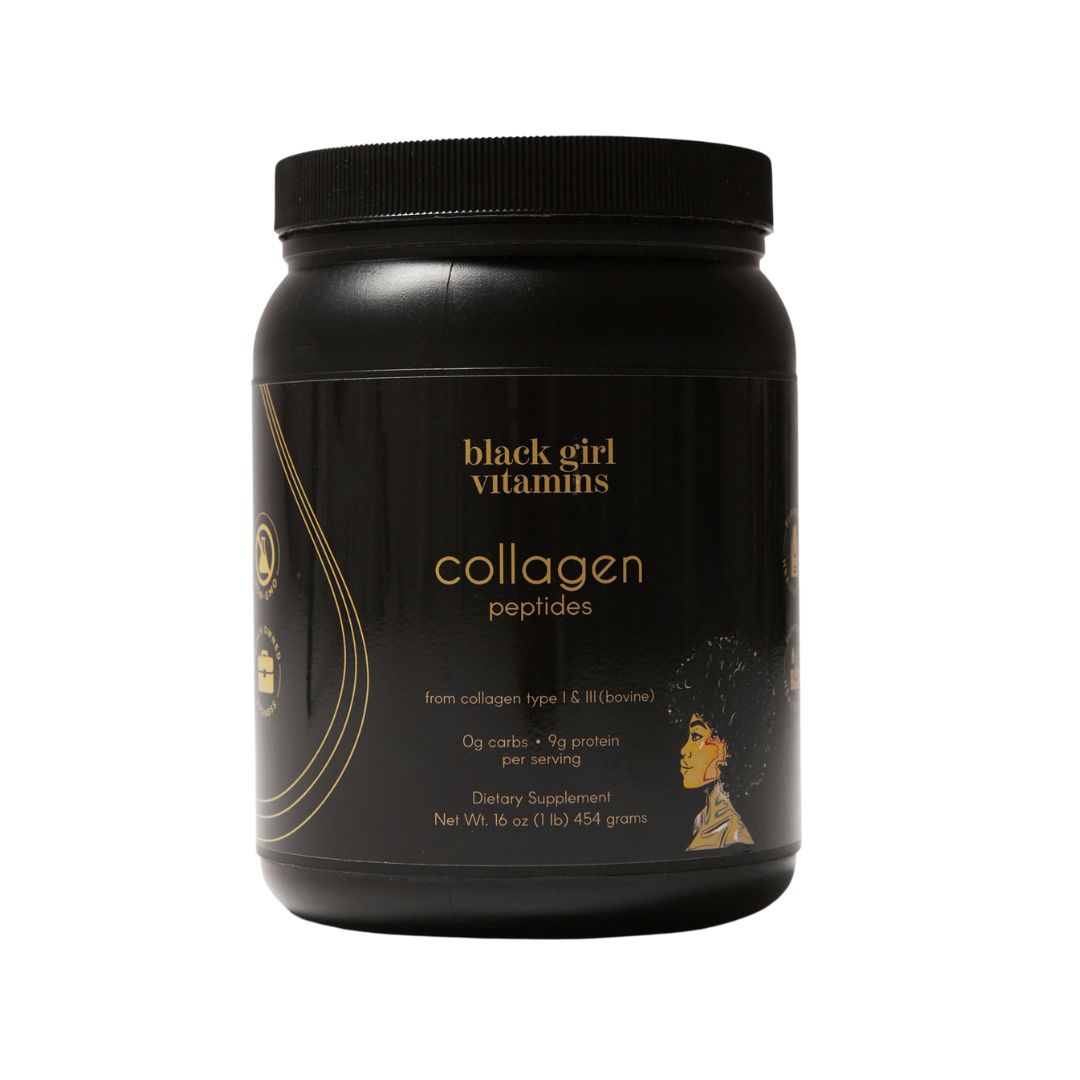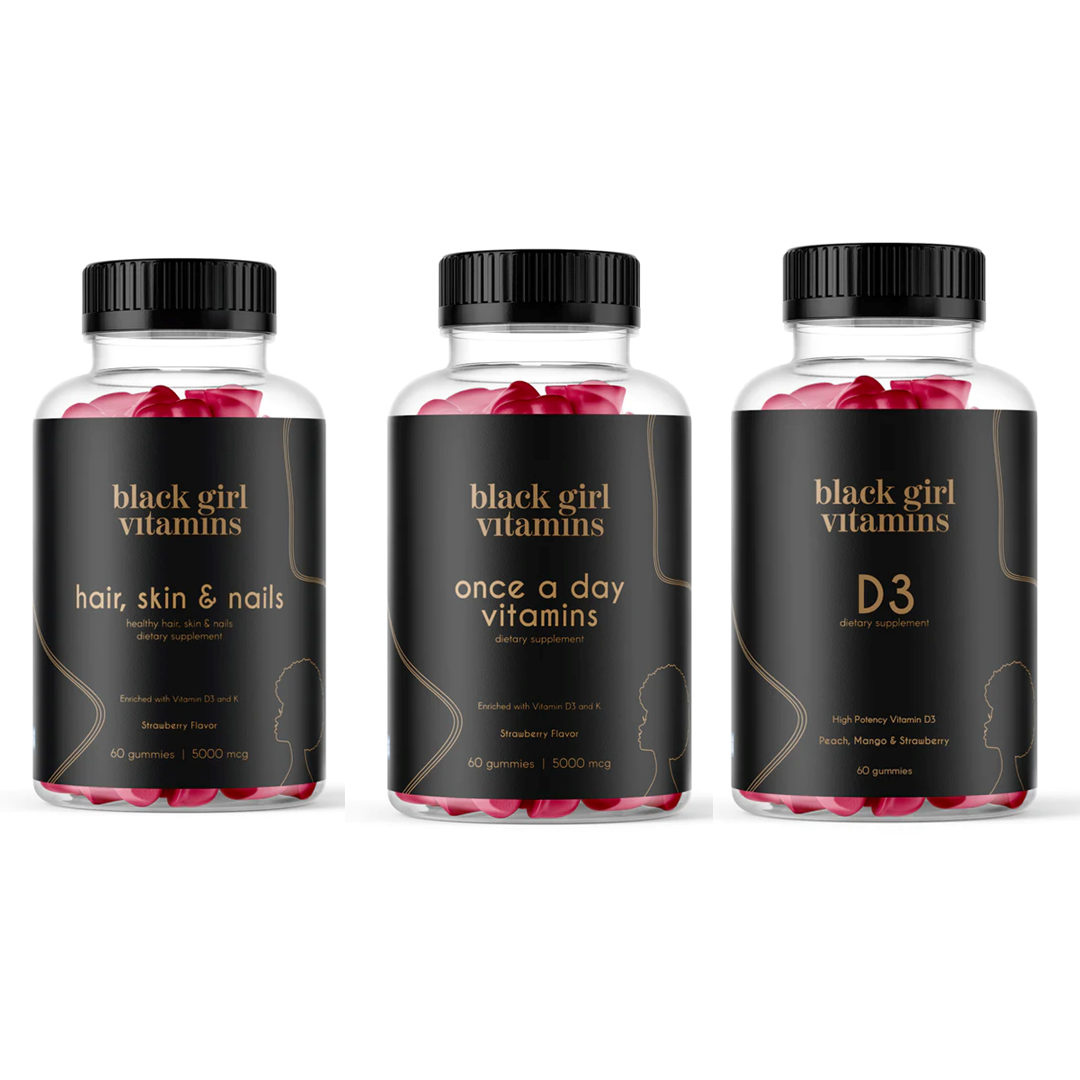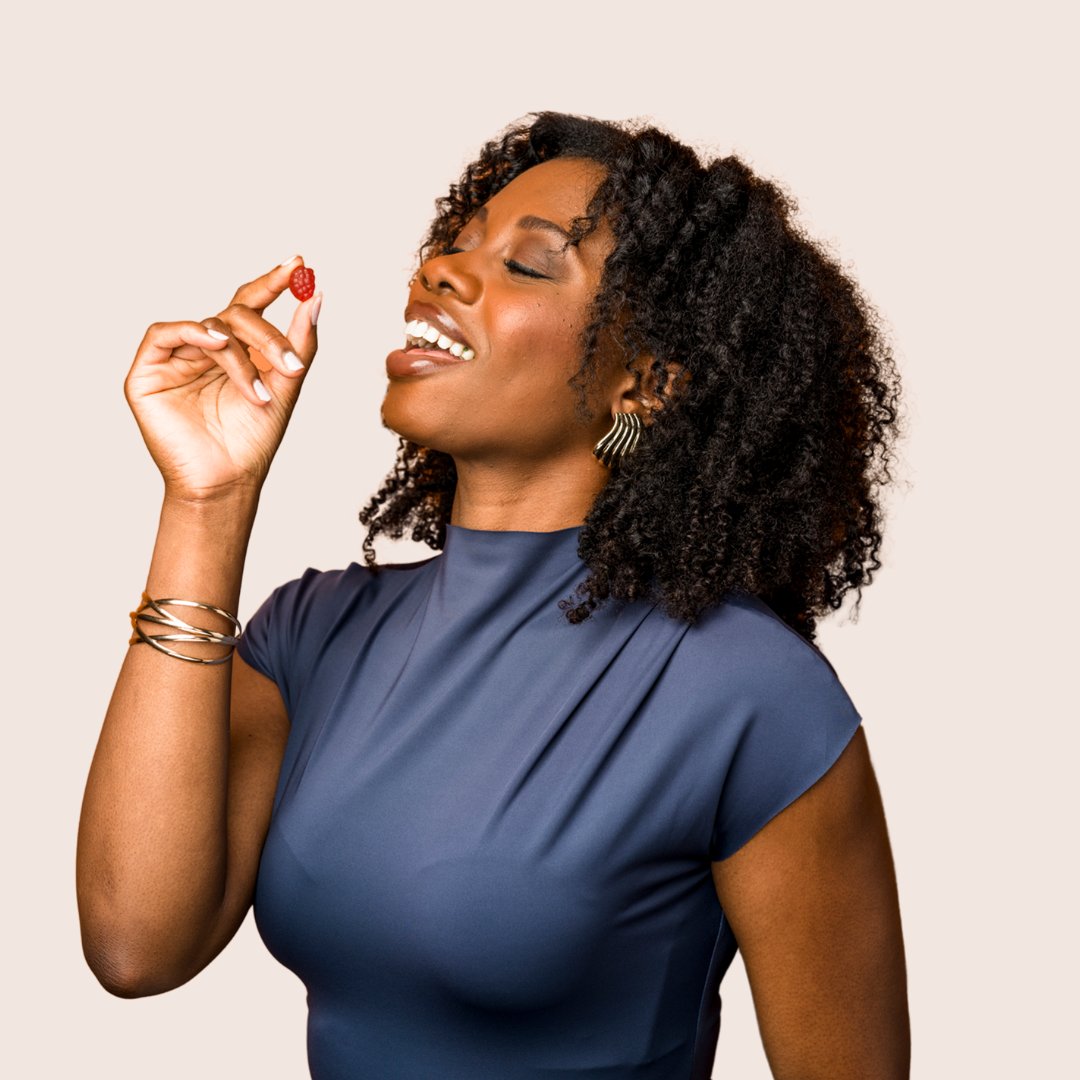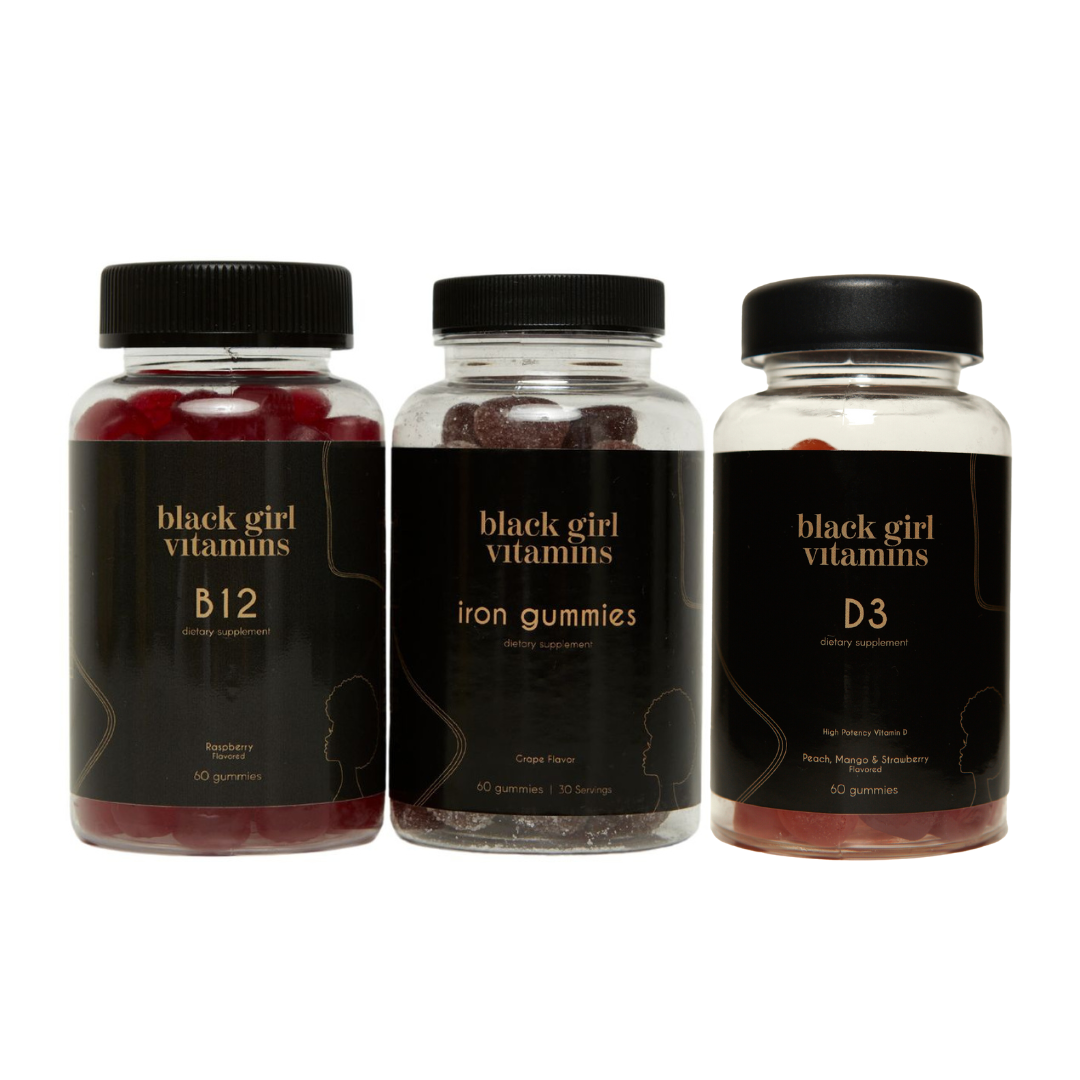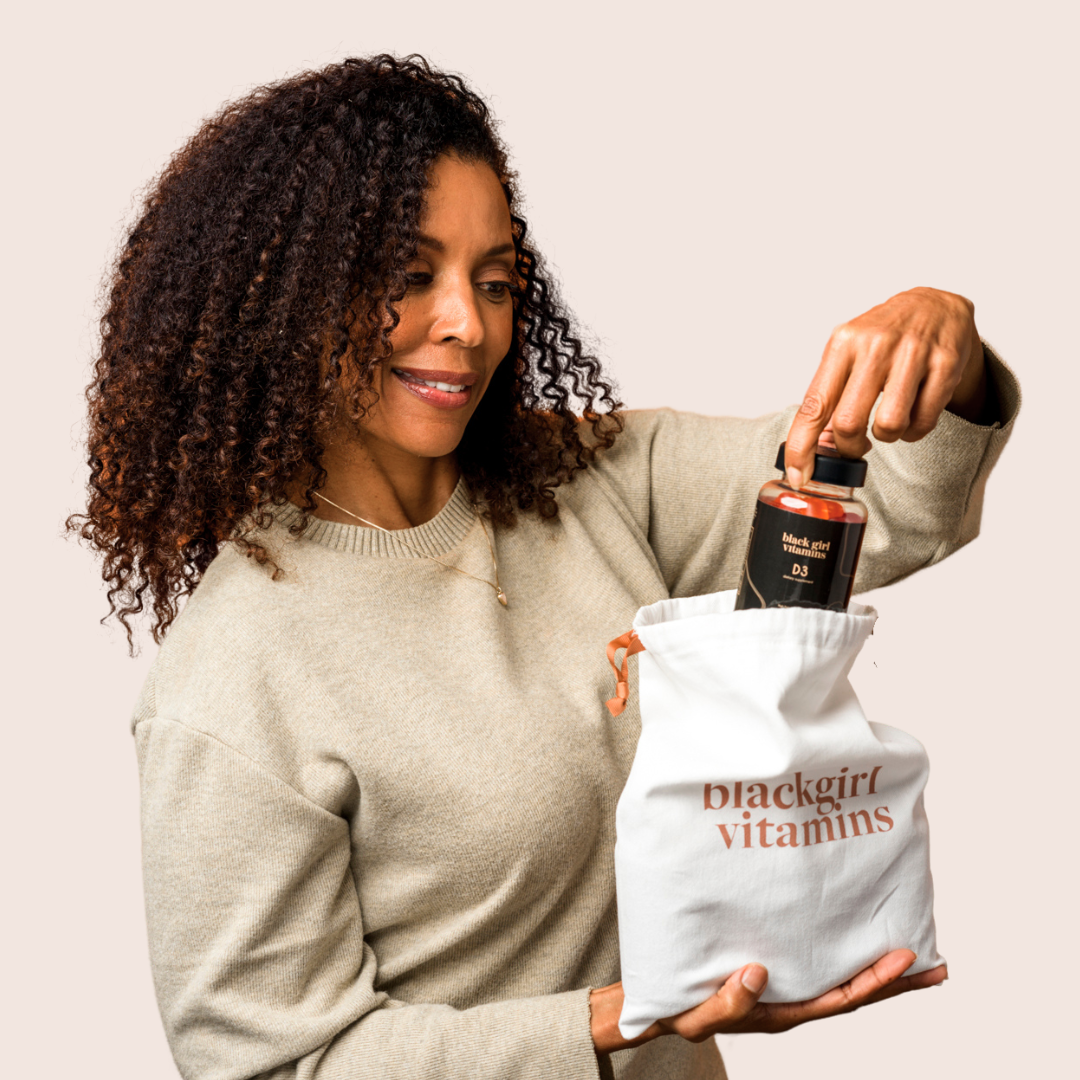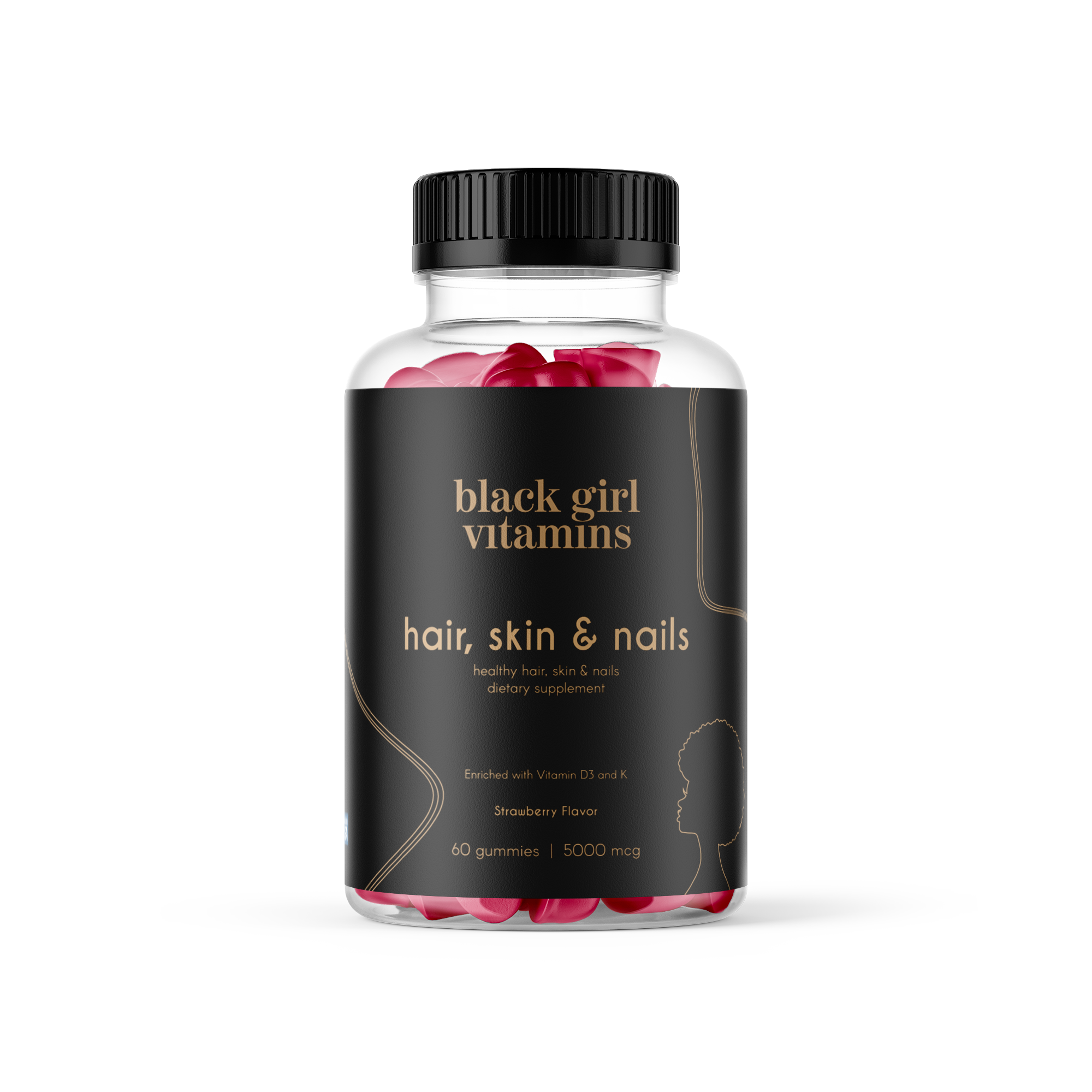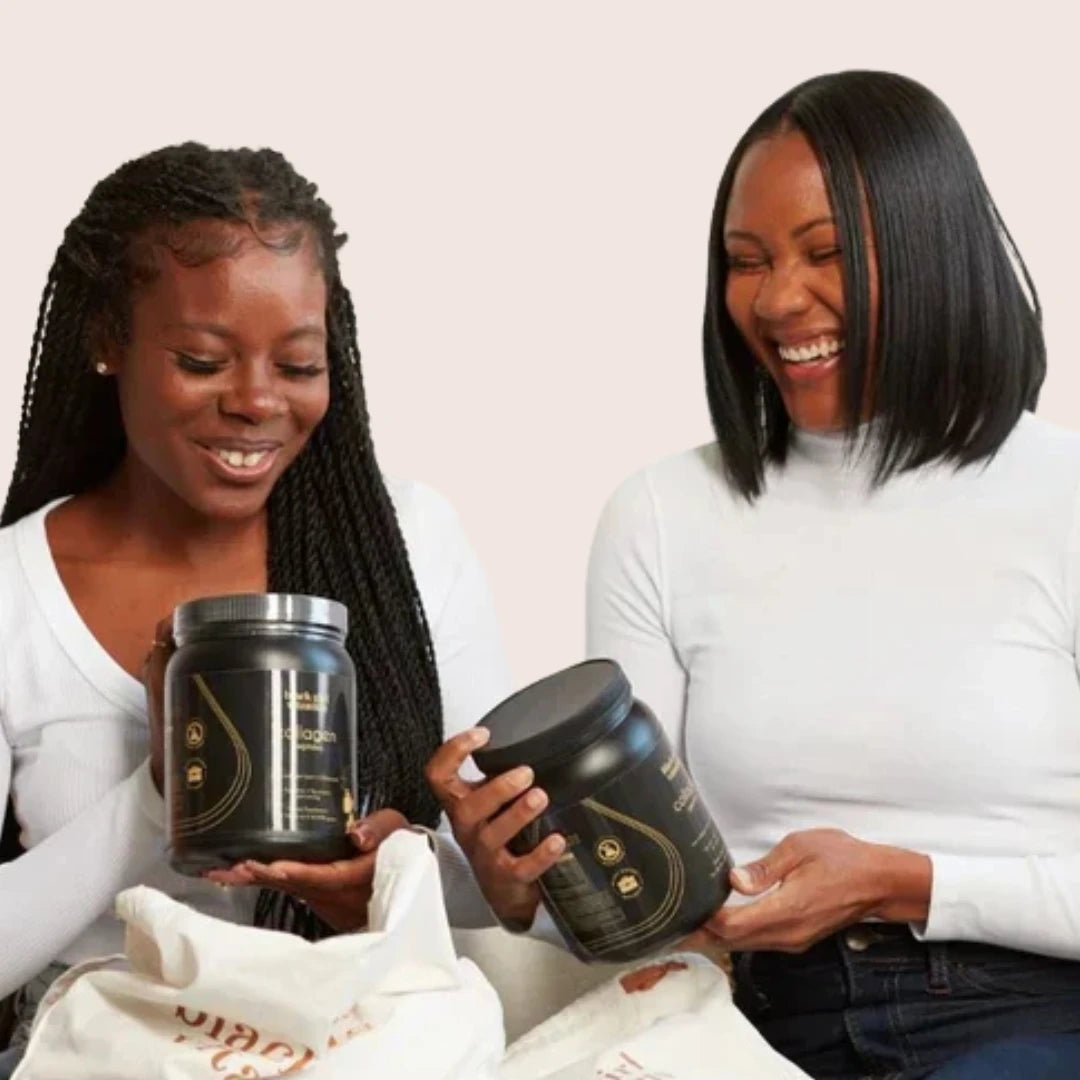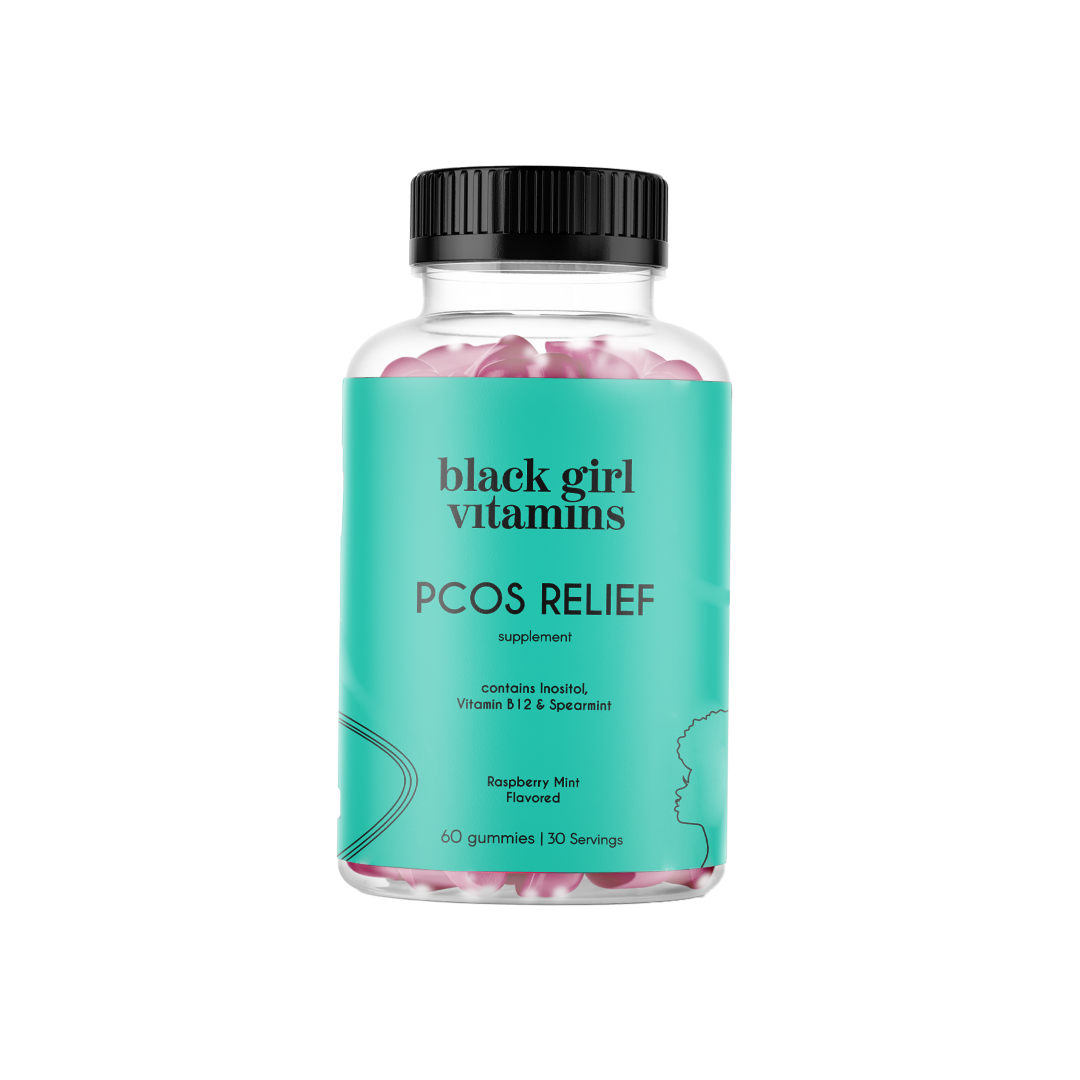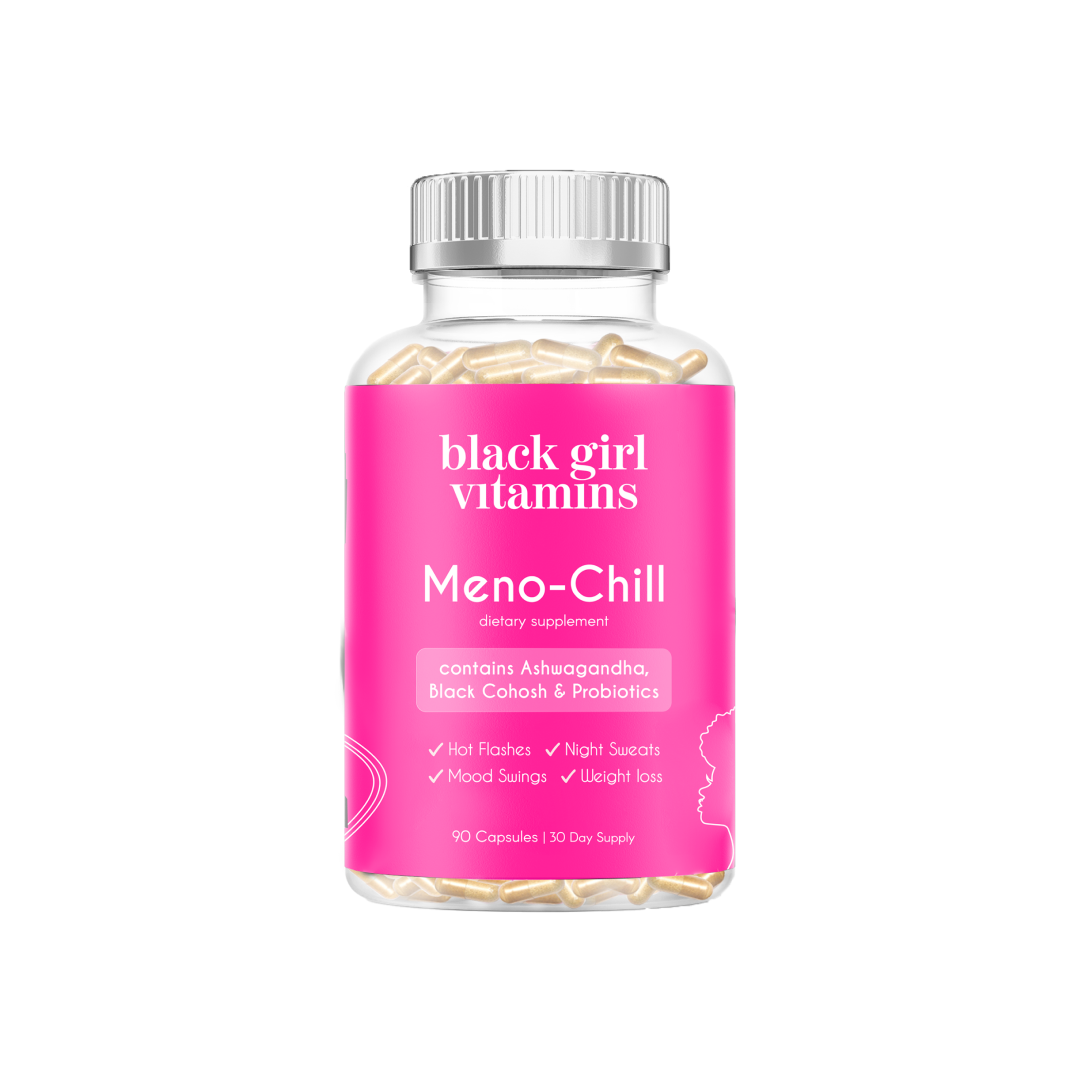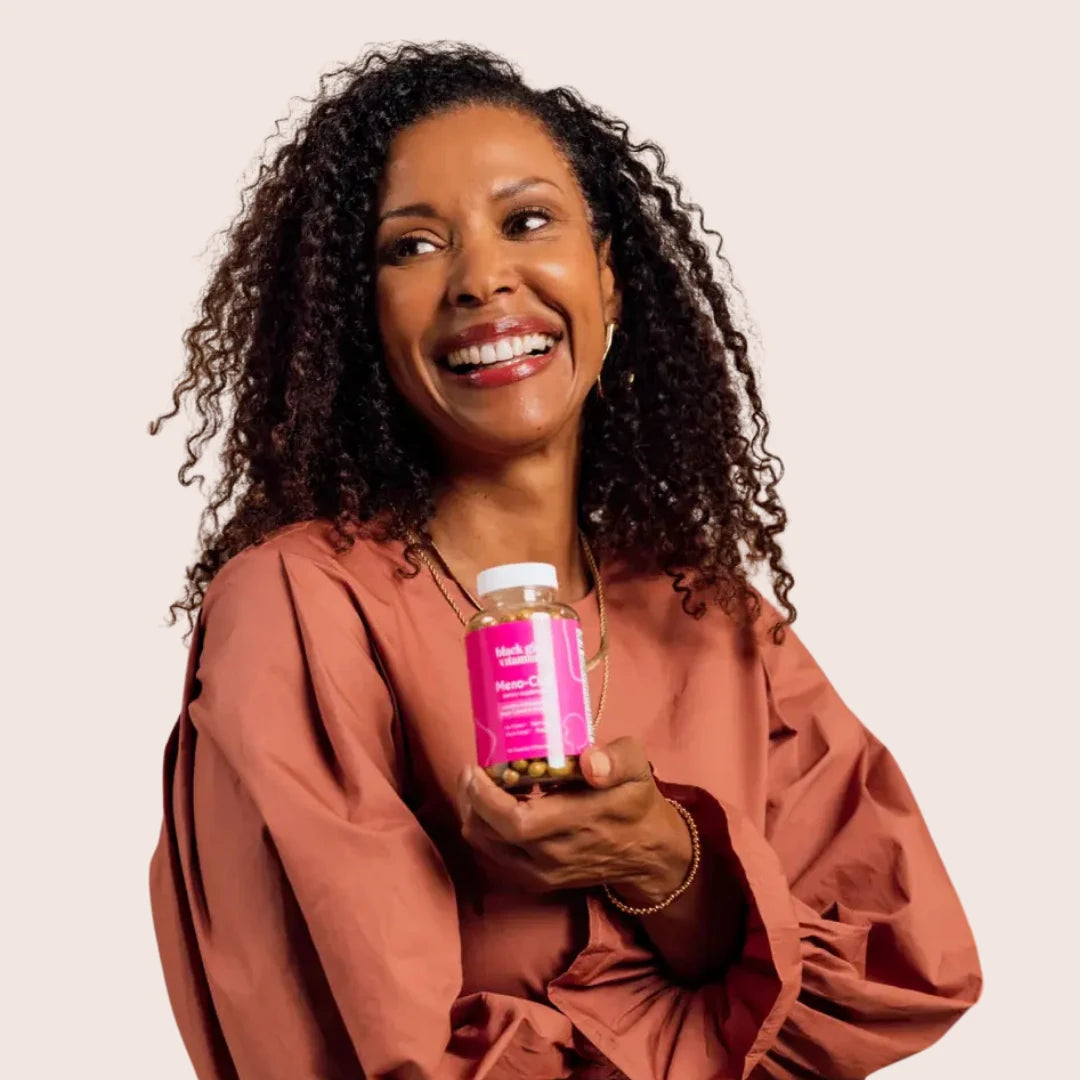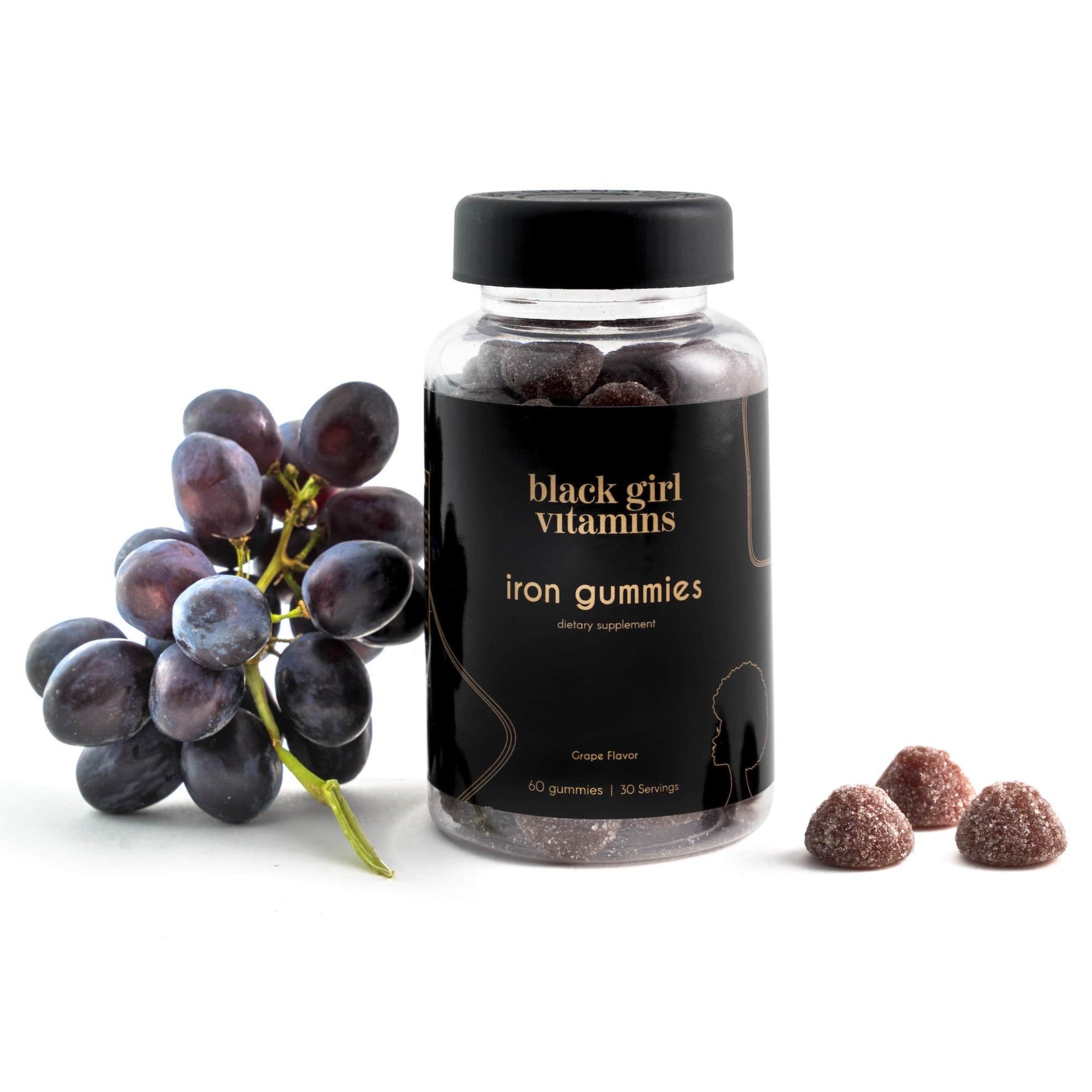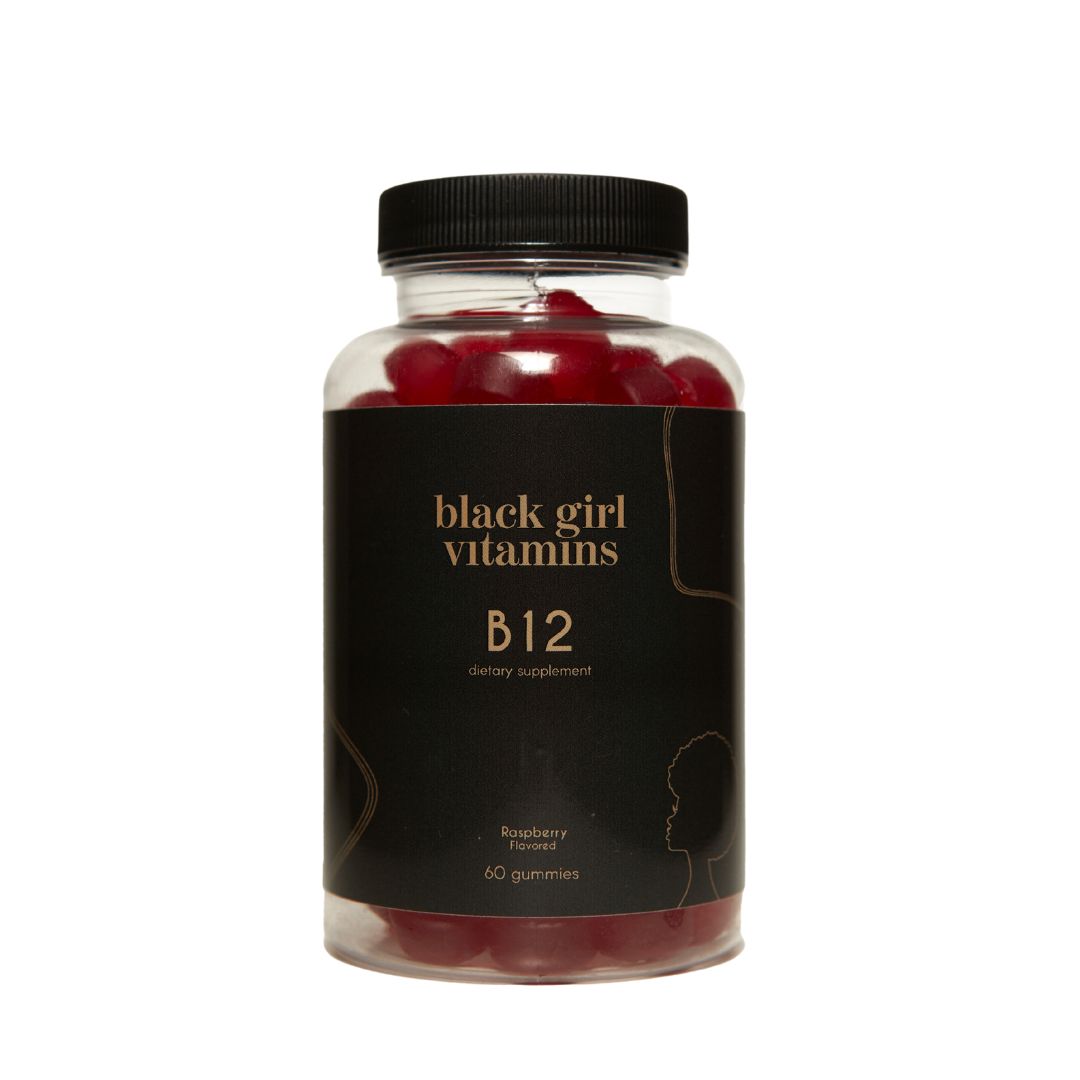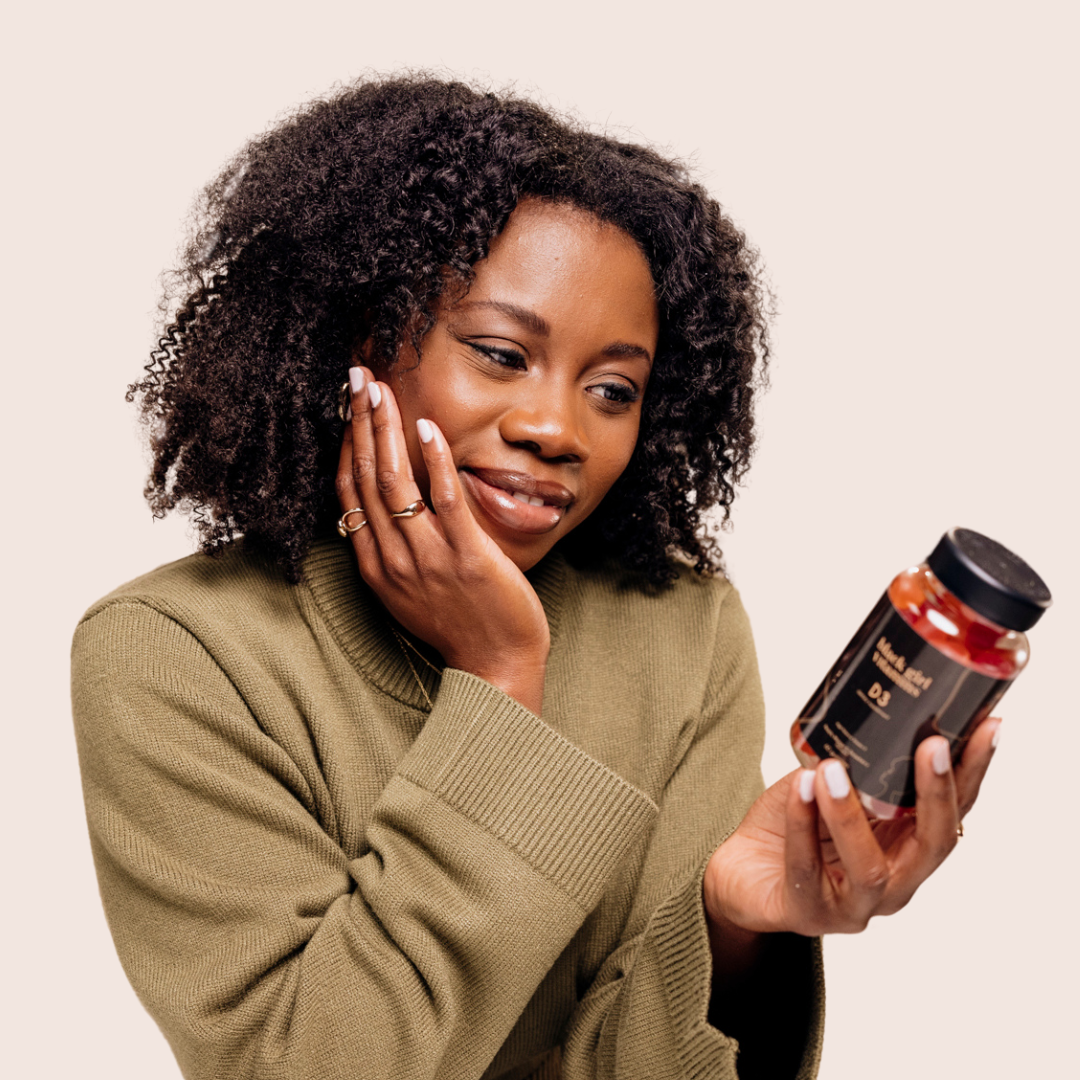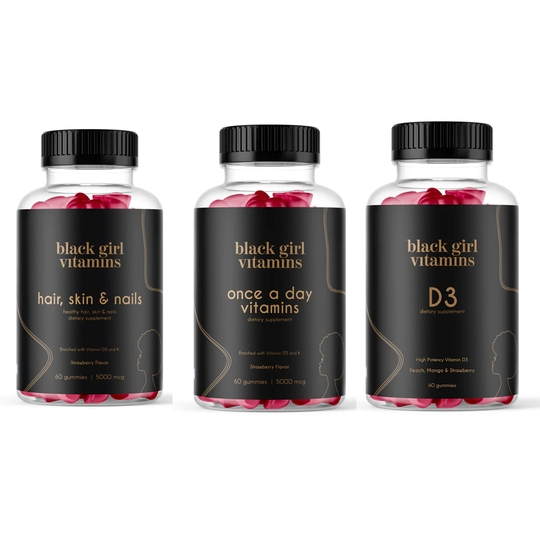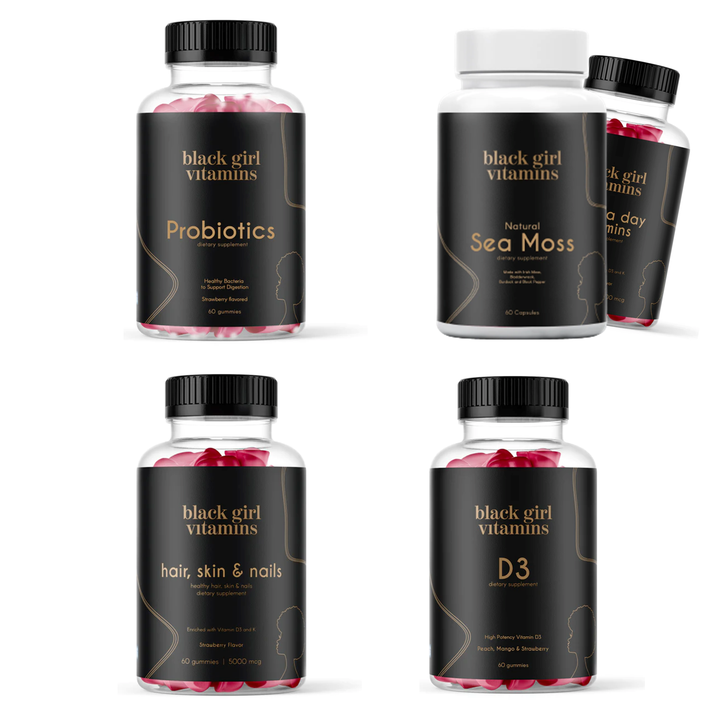Bridging The Health Gap
Morbidity and mortality among people of color, especially in the United States of America, has been on a seemingly unending increase. The racial bias in health coverage in the U.S. is the bedrock of African American lamentable health situation.
An irrefutable contributing factor to this high death rate is the quality of healthcare received by people of color. In a study of 400 hospitals in the U.S., it was discovered that black patients who suffered heart disease were administered cheaper and conservative treatments than the white patients who suffered the same illness.
Women of color are at a higher risk because their health conditions are usually worse than their white counterparts. Pregnancy, breast cancer, fibroid, among others, are conditions that further expose the health coverage gap between white women and women of color.
Bridging The Health Gap
Now, the question is, what can be done to improve the health of women of color? With the health coverage gap in place in the U.S., it is advisable and preferable for women of color to be intentional about staying healthy to avoid falling victim to disease and a shortened life.
One sure way that has been proven to promote a healthy life is the use of multivitamins, a mixture of vitamins. According to Dr Gregory Hall, "If you have a population that particularly has bad outcomes like African Americans, design a vitamin that has significantly more of what they need," Dr Hall is confident about the significant benefits of the intake of more vitamins by African Americans.
Vitamin supplements are lifesavers when an individual lacks certain nutrients or vitamins. It is no news that lack of the required vitamins in the body exposes the body to several health conditions. Vitamin D, an essential vitamin in the body, may lead to health conditions such as; diabetes, heart disease, and cancers if deficient in an individual.
Among African Americans, the vitamin D deficiency rate rises to 70%. This is often because the pigment in people with darker skin restricts sunlight absorption, which is a process for vitamin D production.
While it is best to get nutritional needs from food to avoid consuming vitamins in excess, several vitamin mixes are required for a healthy diet since we sometimes don't get enough from the food we consume. According to Medical News Today, women need particular multivitamins during their pregnancy period and overall health. They are:
- Vitamin D – To get enough calcium into the body,
- Iron – For prevention of anaemia,
- Folic acid – To avoid congenital disabilities in children,
- Omega-3 fatty acids – For a healthy heart,
- Vitamins B6 & B9 – For red blood cell formation and development,
- Vitamin C – For prevention against cell damage.
These vitamins should be taken at various times of the day for optimum health. Ironically, women of color in the United States, who need more of these vitamins, often lack enough of them because generic brands tend to overlook their nutritional needs.
Black women should patronize brands that produce high doses of vitamins that they require.





